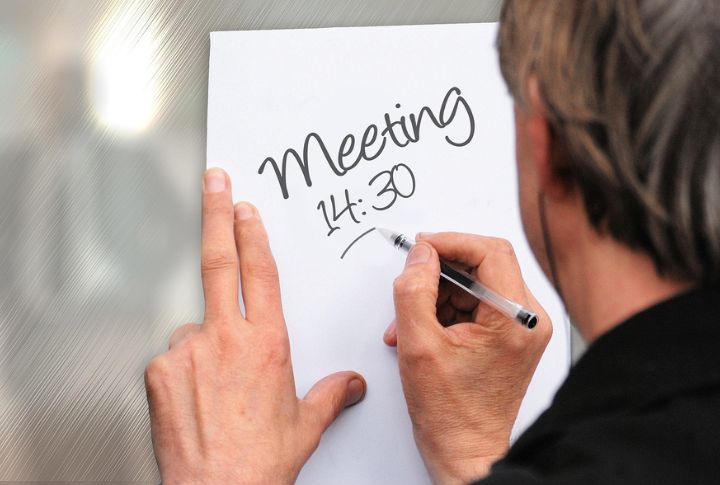
Conversations around quitting used to feel like a failure. Now, they sound like a strategy. Workers are walking away on their own terms, and the reasons go way beyond bad bosses. The traditional job path is looking shaky. Here’s a closer look at what’s fueling this shift and why quit culture refuses to fade.
Paychecks Aren’t Enough Anymore

Productivity has surged, but paychecks haven’t followed suit. As inflation eats into earnings, many realize their work is worth far more than their current salary. The result? Several workers are switching jobs because better compensation elsewhere is the only way to catch up.
Burnout Is Fueling Mass Exits

Pushing through endless deadlines with no recovery time drains people. The grind builds until mental and physical exhaustion takes hold. Instead of waiting for things to improve, employees choose to walk away. For many, quitting isn’t giving up. It’s protecting what’s left of their energy and focus.
Unhealthy Workplaces Make Quitting The Smart Choice

Workers are choosing environments that don’t chip away at their confidence. When leadership micromanages, communication breaks down fast. Add favoritism to the mix, and morale takes a hit. It’s no surprise that individuals choose to move on. Staying in a workplace where trust is constantly eroded feels like self-sabotage.
Work-Life Balance No Longer Exists

The line between work hours and personal time has nearly vanished. Phones buzz long after the day ends, and taking real time off feels out of reach. As expectations grow heavier, people aren’t waiting for permission—they’re prioritizing roles that allow for real breathing room and personal freedom.
Career Growth Feels Like A Myth

Raises come slowly, and promotions feel even slower. Development programs exist in name but rarely help anyone move forward, so workers look for roles with actual upward movement. If a job doesn’t offer progress, it resembles a trap, and most won’t be willing to sit still and wait.
Mental Health Takes Priority Over Paychecks

Anxiety is prompting individuals to walk away from jobs that harm their peace of mind. Some turn to therapy or make space for personal well-being. Employers who overlook mental health support are seeing higher turnover. Pay alone fails to outweigh the importance of feeling emotionally steady and supported.
Remote Work Revealed Workplace Inefficiencies

The office always had its limits, but no one paused long enough to question them. Once work shifted home, those small inefficiencies became clear. Fewer interruptions led to better focus, and the commute felt unnecessary. It became obvious that the setup people trusted was more habit than help.
Job Loyalty Doesn’t Pay Off Anymore

Years of experience don’t guarantee higher pay anymore. Companies are rewarding new hires, while long-term employees feel ignored. Loyalty now seems like a disadvantage. Many are job-hopping to move ahead financially and professionally and with good reason. After all, how can you climb the ladder when you’re stuck at the bottom rung?
Workers Demand Flexibility And Autonomy

A growing number of roles still have strict hours and rigid locations, but that setup is starting to feel outdated. Employees want control over their schedules and work environments. When that freedom isn’t part of the deal, they move on, as control over time has become nonnegotiable for today’s workforce.
Ethics Matter More Than Ever

A paycheck means little if the workplace feels out of sync with personal values. Inclusion, climate responsibility, and ethical leadership have become key priorities. Workers increasingly walk away from employers who ignore these. Alignment isn’t optional anymore.

